Synopsis
An exploration of flooding in Britain due to a disruption in the jet stream caused by global warming.
- Programme: Wild Weather
- Episode: Wild Weather of the Midlands
- Channel: BBC One
- Broadcast year: 2010
- Geography | Natural hazards | Rivers and flooding | Flooding
Licence: ERA Licence required
UK only
Staff and students of licensed education establishments only
Cannot be adapted
Add Notes
More clips from Wild Weather
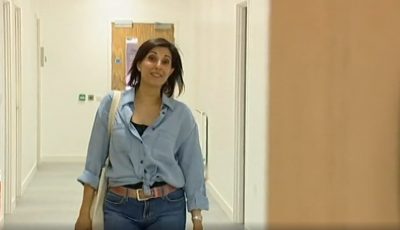
Heat in the UK | Wild Weather
Heat in the UK | Wild Weather
An exploration of Britain's highest temperatures in Cheltenham.
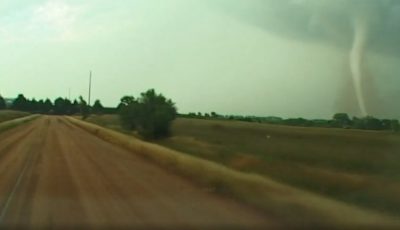
Tornadoes and Lightning | Wild Weather
Tornadoes and Lightning | Wild Weather
An exploration of the conditions that produce tornadoes and lightning in Birmingham.
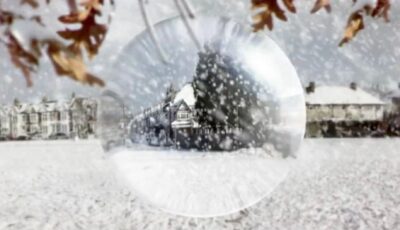
Wild Weather of the Midlands | Wild Weather
Wild Weather of the Midlands | Wild Weather
From tornados to floods, Shefali Oza goes in search of the Midlands' most extreme weather. She discovers how the region's landsca...

Heat in the UK | Wild Weather
Heat in the UK | Wild Weather
An exploration of Britain's highest temperatures in Cheltenham.

Tornadoes and Lightning | Wild Weather
Tornadoes and Lightning | Wild Weather
An exploration of the conditions that produce tornadoes and lightning in Birmingham.

Wild Weather of the Midlands | Wild Weather
Wild Weather of the Midlands | Wild Weather
From tornados to floods, Shefali Oza goes in search of the Midlands' most extreme weather. She discovers how the region's landsca...
More resources about Weather patterns in the UK
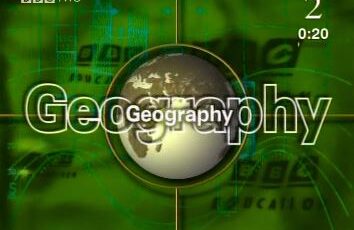
5: British Climate | Geography in Animation
5: British Climate | Geography in Animation
Series exploring key processes in physical geography.

Climate in the City | Wild Weather
Climate in the City | Wild Weather
Weatherman Peter Cockroft explores the highs and lows of London's unique climate. As he journeys around the capital he reveals why the out...
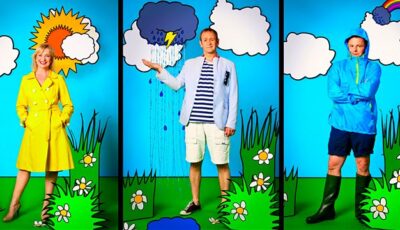
Episode 1 | The Great British Weather
Episode 1 | The Great British Weather
Interactive live series focusing on Britain's weather. The team explore why Britain gets the weather it does, and how weather was cruci...

Episode 2 | The Great British Weather
Episode 2 | The Great British Weather
Alexander Armstrong presents the weather show from Ullswater in the Lake District, where the team investigate why it rains more often i...

Heat in the UK | Wild Weather
Heat in the UK | Wild Weather
An exploration of Britain's highest temperatures in Cheltenham.

The South West | Wild Weather
The South West | Wild Weather
David Braine examines extreme weather. The South West enjoys milder, wilder and more varied weather than the rest of England. Parts of the regi...

Tornadoes and Lightning | Wild Weather
Tornadoes and Lightning | Wild Weather
An exploration of the conditions that produce tornadoes and lightning in Birmingham.

Wild Weather of the Midlands | Wild Weather
Wild Weather of the Midlands | Wild Weather
From tornados to floods, Shefali Oza goes in search of the Midlands' most extreme weather. She discovers how the region's landsca...

Wild Weather of the West | Wild Weather
Wild Weather of the West | Wild Weather
Forecaster Ian Fergusson leaves his weather map behind on a journey through the wet, the windy, the sunny, the stormy and the snowies...
